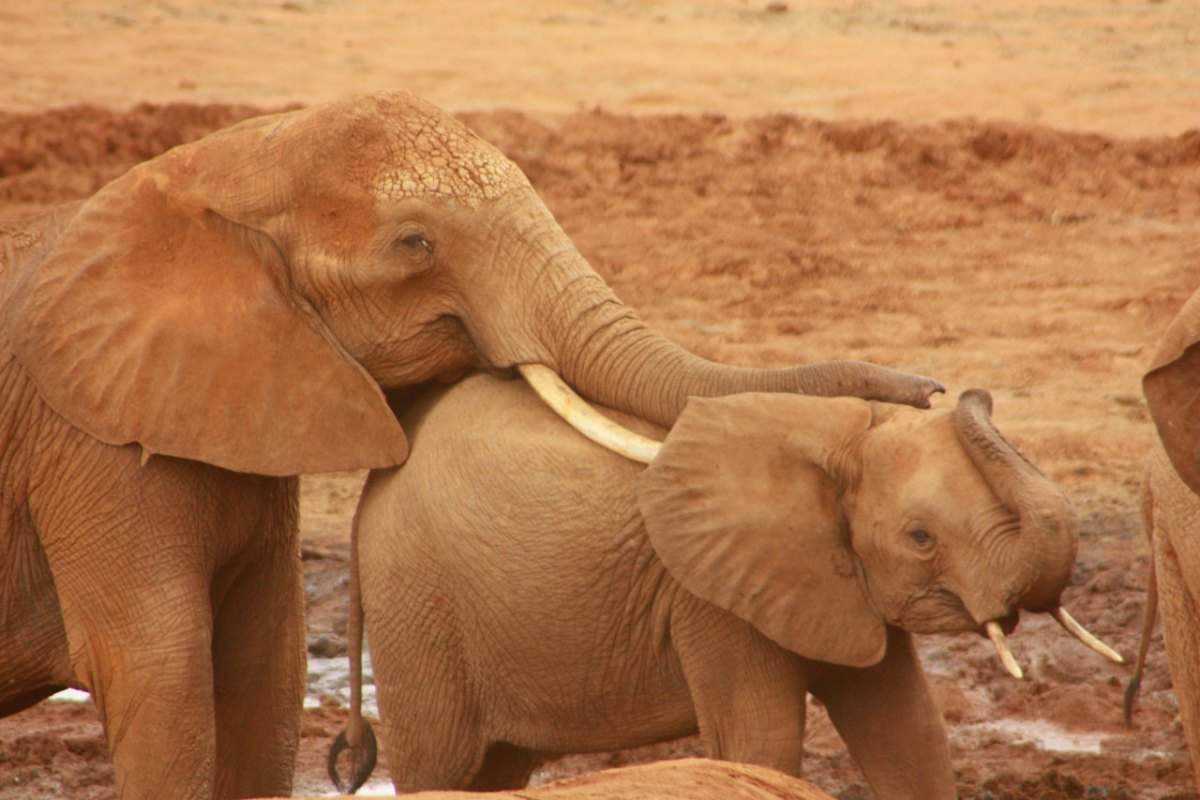As we age, the some 30 trillion cells in the human body divide so new ones can replace the old. This turnover of cells opens the door to genetic errors, and these mishaps often translate to cancer.
Statistically speaking, bigger animals should have great occurrences of cancer because they have more cells. That reasoning would lead us to believe that elephants, with hundreds of more cells than smaller mammals, should suffer from the disease at much higher rates, but National Geographic points out, that isn’t true.
A new study offers clues as to why, and they key may be a recently revived “zombie” gene. Study author Vincent Lynch, an evolutionary biologist the University of Chicago, says that one gene stood out to them during their study: Leukemia Inhibitory Factor or LIF, which is also known for its role in enhancing fertility. Lynch thinks that LIF6 may also destroy damaged cells. It has only been found in elephants.
Thanks for reading InsideHook. Sign up for our daily newsletter and be in the know.


















